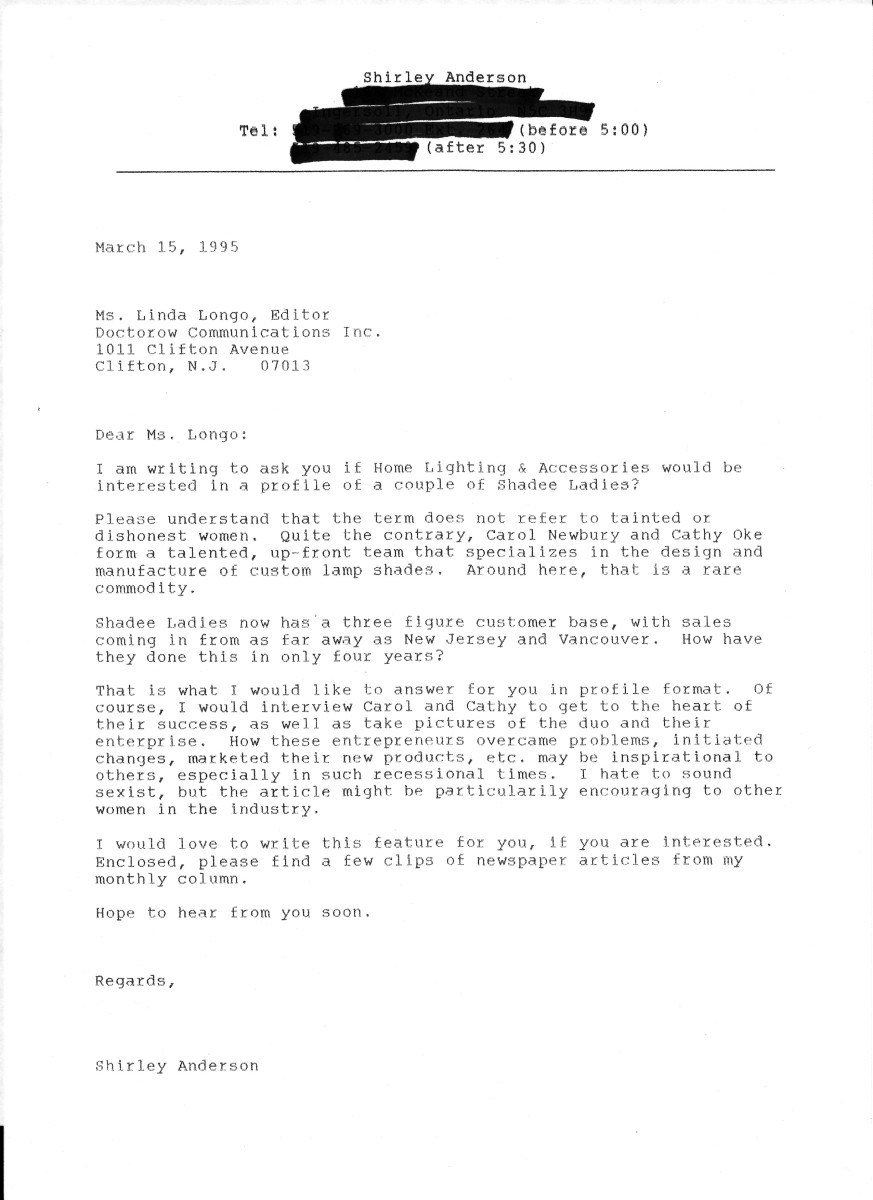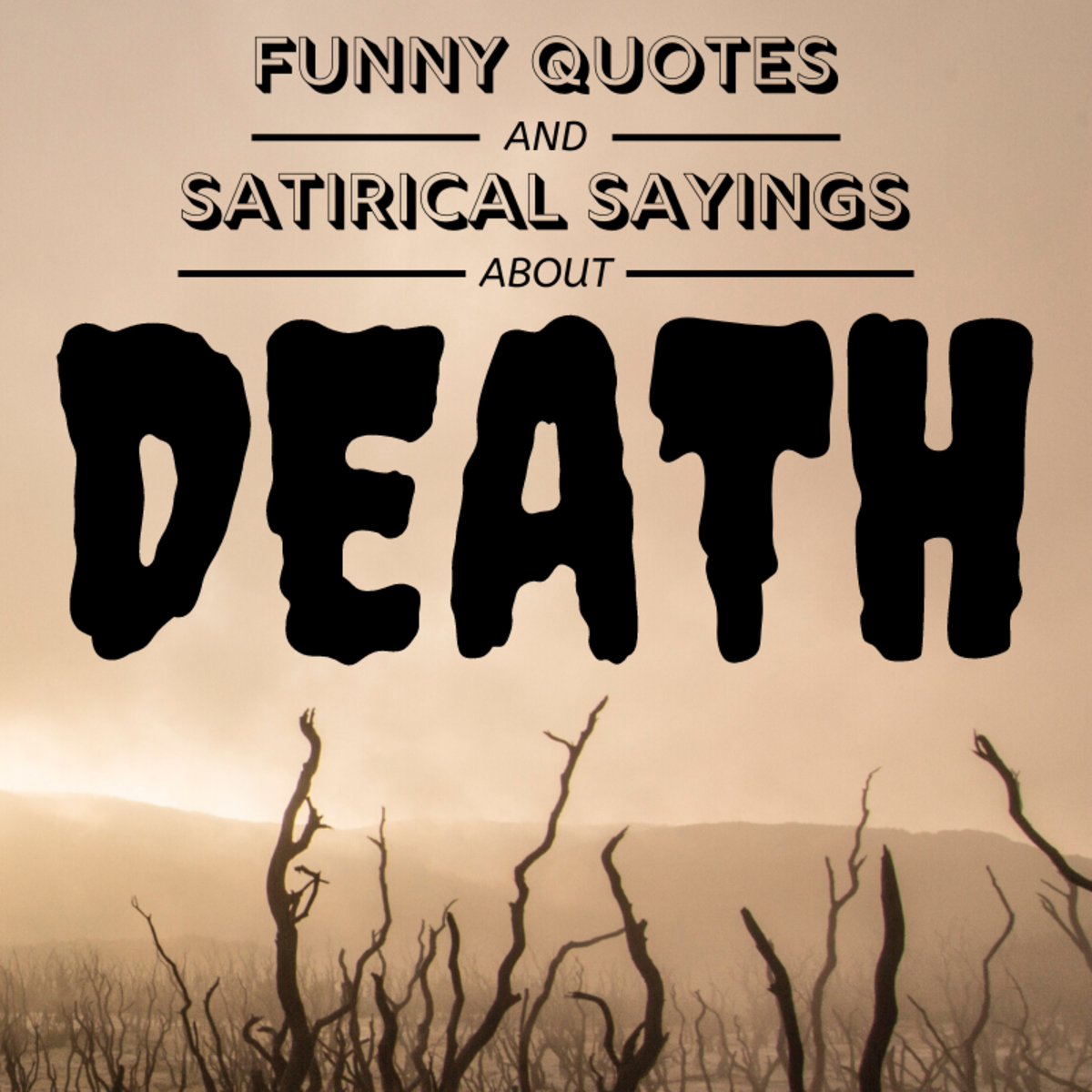How To Write A Perfect Query Letter
Sell Yourself and Your Writing Project
A query letter is the first thing the editor sees. It is an introduction to you and your writing. So, the first paragraph of the query letter is your chance to impress the recipient. Grab that editor's attention and hook them so they will first, finish the query letter and second want to see the completed piece writing.
Paint a picture with your words. Entice them. If it is a non-fiction piece, pose a question which you will answer with your intended project. Let your expertise show through. Prove to them that you are an expert on the subject and that you are the perfect person to write about it, also why their publication is the perfect place for it. If it's a novel, state what the genre is. For a longer non-fiction project, define the subject. Include a 1 -2 sentence synopsis of your manuscript and the title.

Who Is The Intended Audience For Your Writing
The second paragraph of your query letter should cover some of the details; the length of the article or book and who your intended audience is. On a longer piece, length can be estimated and rounded off such as 'word count is approximately 50,000 words. Give an estimate as to when the project will be completed.
If applicable, indicate whether artwork or photographs are available. Give a summary of any additional information you might be including such as interviews, statistics, and anecdotes.
Your Writing Project
The next paragraph of your query letter outlines the manuscript's main idea, plot line and characters. Your synopsis should include points from the beginning, middle and end. Don't leave them hanging because you don't want to spoil the surprise ending. They want to know that the manuscript is complete and you know how to end it.
For non-fiction, this is the place to lay out how you plan on covering the topic, what research has been done, and what its important points are. This is meant to be a concise outline, so it should be kept to around 100 words or so.

End Your Query Letter With a Thank You
The final paragraph of your query letter is about you. This should include publishing credits and any credentials that may give you credibility. This closing paragraph should be polite and business-like, and end with 'please call if you're interested' or something to that effect. Also give list of enclosures, which may be a synopsis, outline, or sample chapters. Just don't enclose anything that hasn't been requested.
Always send an SASE with your query letter.
Make sure you give complete contact information so they can get back to you. If you are submitting the idea elsewhere, let them know. If the market doesn't specify state how much time they may take to get back to you, it is a good idea to let them know that you will be sending your manuscript out to other markets simultaneously.
If you get a positive response from a market and you have other queries out there, be sure and write to the others and let them know the piece is no longer available. This is not only the courteous thing to do, but will put you in good standing with them and they may remember you the next time you send them something. The more they see your name, the more likely they are to remember it and take a closer look at your work when it comes across their desk.
Final Pointers For Your Query Letter
Make sure you have addressed your query letter to a specific person. Dear Ms. Johnson is much more professional than Dear Editor. Don't assume the editor is male or female just by their name. If you aren't sure, then address the letter, using just the name without the use of Mr., Ms., or Mrs.. Try to keep the letter to one page. Use block formatting without indentations. The body of the query letter should be single spaced with a double space between paragraphs. Offer to send the manuscript digitally.
Include the date, all contact information and an SASE.
Be polite, professional and concise.
Sell yourself and your project.
- How to Write a Query Letter | PoeWar
A guide to the writing and formatting of query letters designed to pitch articles to editors and publishers. - Writer’s Digest - Home
- WritersMarket.com









